Keynote Speakers
In addition to breakouts with technical presentations, GGAA features daily plenaries with prominent keynote speakers addressing challenges associated with agricultural practices and their impact on greenhouse gases.
1. Impact of Animal Feed and Nutrition on GHG Emissions
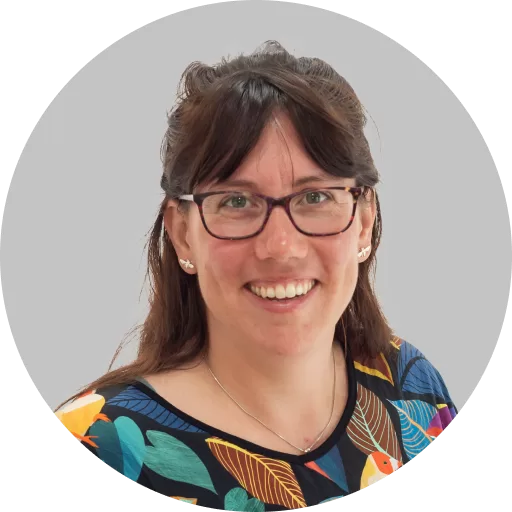
Dr. Sanne van Gastelen
Senior Researcher
Wageningen University & Research
Read Speaker Biography
Dr. Sanne van Gastelen is a senior researcher in dairy cattle nutrition at Wageningen University & Research (the Netherlands). The focus of her work is primarily on challenges in dairy cattle nutrition, aiming for healthy animals producing milk at low environmental costs. She conducts experimental research programs to unravel the relationship between diet quality or dietary additives and enteric methane emissions in dairy cattle. She also runs a long-term research program focusing on the relationship between rumen microbiota and enteric methane emissions in both dairy cattle and young stock, with a particular focus on early-life interventions. Furthermore, considering the nitrogen situation in the Netherlands, her research focuses on dietary strategies that decrease nitrogen emissions, particularly those of ammonia.
2. Health

Prof. Nick Wheelhouse
Chair of Comparative Infectious Disease
Edinburgh Napier University
Read Speaker Biography
Prof Nick Wheelhouse is Chair of Comparative Infectious Disease at Edinburgh Napier University. He holds long-term research interests in animal science and veterinary health. He has a particular interest in reproductive infections within livestock systems in sub-Saharan Africa, quantifying their effects on livestock production and their zoonotic impacts. He currently co-leads the Global Research Alliance Animal Health and Greenhouse Gas Intensity Network, and is a visiting research scientist at ILRI, Nairobi.
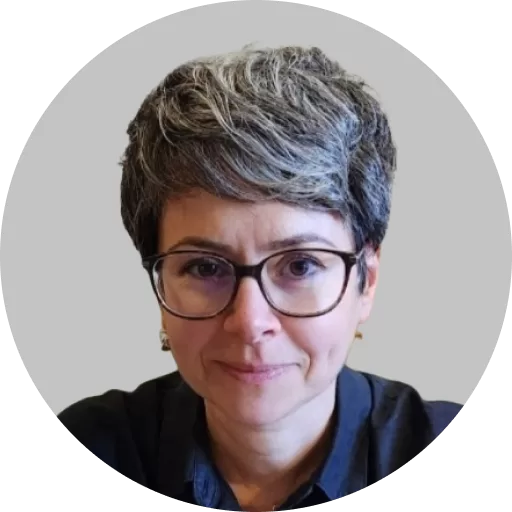
Dr. Şeyda Özkan
Livestock Systems and Climate Change Expert
Edinburgh Napier University
Read Speaker Biography
Dr Şeyda Özkan is a livestock systems and climate change expert with over 15 years of experience in providing technical and policy support on low-carbon livestock production systems. She holds a PhD on modeling dairy production systems in the context of climate variability, feed availability and carbon policy. She is the lead author of the FAO report “The role of animal health in national climate commitments”, and currently co-leads the GRA’s Animal Health and Greenhouse Gas Emissions Intensity Network.
3. Rumen Microbial Genomics and Genetics
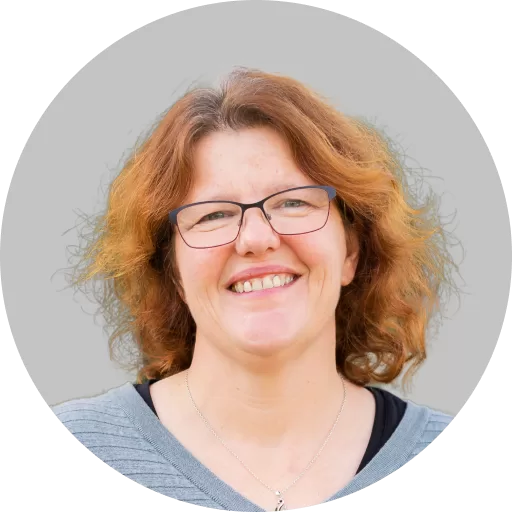
Suzanne Rowe
Quantitative Geneticist
AgResearch, New Zealand
Read Speaker Biography
Suzanne Rowe is a quantitative geneticist at AgResearch, New Zealand. Suzanne is at the forefront of using genomics to select for sustainable global livestock systems. Her science portfolio focuses on the integration of molecular and statistical genomic data to predict outcomes from, and to understand complex biological systems. She will discuss the use of molecular phenotypes within livestock breeding schemes. Suzanne received a BSc (Hons) in Agriculture from the University of Plymouth and MSc and PhD in Quantitative genetics from the University of Edinburgh. Suzanne is leader of the GRA ASGGN Network. Recently Suzanne has led a team successfully investigating the biological and economic impacts of breeding for low methane ruminants. Her program was awarded the Science NZ team and supreme awards in 2021 the primary industry reward for science and research in 2022 and the New Zealand Royal Society Pickering Medal in 2023.
4. Circular economy and Manure Management
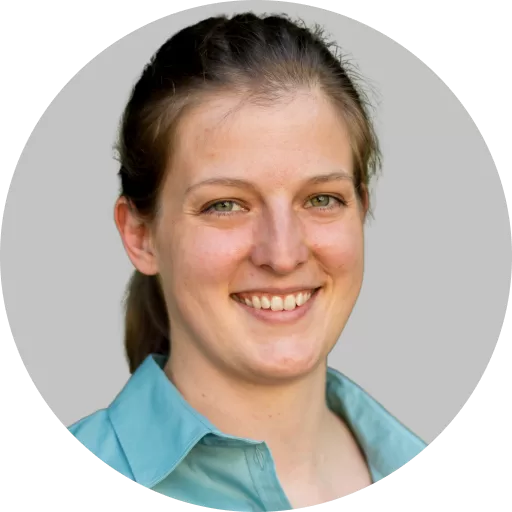
Sonja Leitner
Ecologist and Biogeochemist
Read Speaker Biography
Sonja is an ecologist and biogeochemist working on carbon and nitrogen cycling in natural and agricultural ecosystems. She investigates nutrient transformations and nutrient losses via gaseous emissions and leaching, with a special focus on greenhouse gas emissions (CO2, CH4, N2O). Currently, her research focuses on options for soil and manure management that reduce nutrient losses to improve livestock productivity and help achieve climate change mitigation and adaptation. Furthermore, she works on ecosystem carbon cycling and sequestration using novel tools such as Eddy Covariance towers. She works in mixed crop-livestock systems and rangelands and she is currently involved in projects in Kenya, Uganda, Tanzania, and Ethiopia.
5. GHG Emissions from Agricultural Soils carbon

Dr. Mohamed Habibou Assouma
Agronomist and Livestock Scientist
French agricultural research and international cooperation organization (CIRAD)
Read Speaker Biography
Dr. Mohamed Habibou Assouma, an agronomist and livestock scientist at CIRAD (French agricultural research and international cooperation organization) within the SELMET research unit (https://umr-selmet.cirad.fr/), specializes in climate-smart livestock systems in tropical and Sahelian regions. His research focuses on quantifying greenhouse gas (GHG) emissions from livestock, carbon balance of (agro)pastoral ecosystems taking into account all interactions between herders-animals-resources-soil-environment, and sustainable crop-livestock integration in sub-Saharan Africa region. His work bridges science, policy, and local knowledge, offering a vision for low-carbon livestock production that aligns with global climate goals. At CIRAD, Dr. Assouma has advanced strategies to reduce enteric methane emissions, optimize ruminant feeding systems, and enhance the rangeland use efficiency. As a keynote speaker at GGAA 2025, Dr. Assouma will highlight technologies to assess the climate footprint of agricultural systems change in sub-Saharan Africa.
6. Scaling and Modelling of GHG Emissions

Matti Pastel
Research Professor
Future Farming Technologies
Read Speaker Biography
Matti Pastell is a Research professor in Future Farming technologies. He has been working on AI in agriculture and precision livestock farming applications for over 15 years. He is working on developing digital twins of farming systems and using digital technologies and data spaces for sustainability assessment.
7. National GHG Inventory and Policy Frameworks
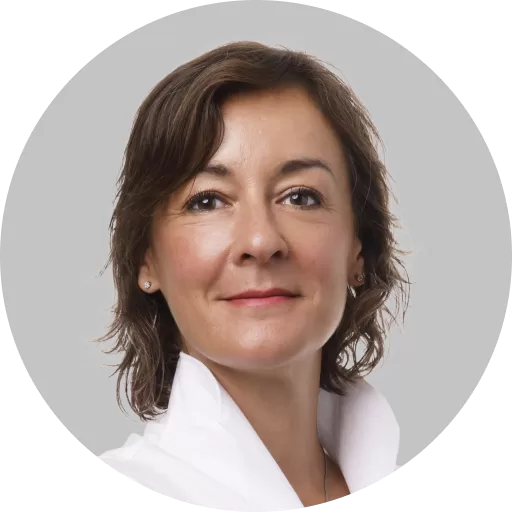
Anne Mottet
Lead for Livestock
UN International Fund for Agricultural Development
Read Speaker Biography
Anne Mottet is the Lead for Livestock at the UN International Fund for Agricultural Development. She holds a MSc in agronomy and a PhD in Agro-ecosystems. She has over 20 years of experience in the livestock sector, including sector and market analysis, global tools for GHG emissions assessments, climate finance, and design and implementation of large-scale investments in sustainable livestock in more than 20 countries in Sub-Saharan Africa, Central and South Asia and Latin America.
8. Measurement Techniques for GHG Emissions

Mutian Niu
Assistant Professor, Animal Nutrition
Institute of Agricultural Sciences, ETH Zurich
Read Speaker Biography
Mutian Niu is an Assistant Professor of Animal Nutrition at the Institute of Agricultural Sciences, ETH Zurich. His research is dedicated to advancing sustainable animal agriculture, with a focus on ruminant nutrition, mitigation of greenhouse gas emissions, data science applications, and development of technologies and scientific approaches to improve animal welfare.


